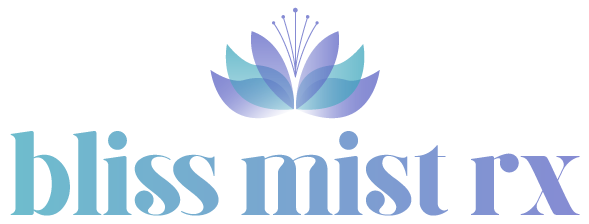
Ketamine Therapy: Rapid Relief for Treatment-Resistant Depression and Beyond
Share
Could ketamine therapy lead to new hope for patients struggling with mental health issues
How Pharmaceutical Ketamine Works in the Brain
Ketamine works by blocking NMDA receptors, a type of glutamate receptor in the brain involved in communication between nerve cells. Its discovery as a fast-acting antidepressant—especially in patients with treatment-resistant depression—has opened the door to new and more effective ways to treat mood disorders. This breakthrough has not only deepened our understanding of how these disorders affect the brain but also revealed important mechanisms of synaptic plasticity that may explain ketamine’s unique effects. In this review, we explore the key clinical findings behind ketamine’s rapid antidepressant action, the neural and synaptic pathways it influences, and how these insights are shaping the future of treatments for neuropsychiatric conditions.
A New Era of Mood Disorder Treatment
In recent years, psychiatry has entered an exciting new era of treatment options for depression and other mood disorders. After decades with little innovation, new therapies are emerging that work in completely different ways inside the brain. In 2019, the FDA approved esketamine (Spravato) and brexanolone (Zulresso)—the first new types of antidepressants since the 1950s. Their success has opened the door for other promising medicines like psilocybin and MDMA, which are now being studied for possible approval.
These new treatments are especially important because many people don’t respond well to traditional antidepressants. Studies show that only about one-third of patients fully recover after their first treatment, and many continue to struggle even after several medication trials.
Ketamine’s discovery as a fast-acting antidepressant has reshaped how scientists understand depression and brain function. It works by targeting glutamate, one of the brain’s main communication chemicals, and by stimulating new connections between nerve cells. Researchers are continuing to explore exactly how ketamine works—studying its effects on brain signaling pathways, inflammation, and even support cells in the brain—to develop safer, longer-lasting, and more effective treatments for depression and other mental health conditions.
The Science Behind Ketamine Therapy: How a Decades-Old Medicine Is Changing Depression Treatment
For decades, depression treatment focused mainly on medications that increased brain chemicals like serotonin and norepinephrine. These traditional antidepressants helped many people—but not all. In fact, up to one-third of patients don’t experience enough relief, even after trying multiple medications.
In the 1990s, researchers at Yale University began exploring a different part of the brain’s communication system: glutamate. This line of research led to a groundbreaking discovery—low-dose ketamine could relieve symptoms of depression within hours instead of weeks. Unlike standard antidepressants, ketamine works by targeting NMDA receptors, helping the brain repair and strengthen neural connections through a process known as neuroplasticity.
Since then, numerous clinical studies have confirmed the benefits of ketamine therapy and esketamine (Spravato) for people with treatment-resistant depression, bipolar disorder, PTSD, and suicidal thoughts. These treatments are typically administered under medical supervision through infusions or nasal spray, with dosing schedules that start more frequent and gradually taper over time.
Beyond improving mood, ketamine may also help the brain process and release painful or traumatic memories, especially when paired with talk therapy. This makes it a promising option for individuals struggling with trauma, anxiety, or long-term emotional distress.
Ketamine for Mental Health
Today, ketamine therapy represents one of the most significant breakthroughs in mental health care in more than half a century—offering rapid relief, renewed hope, and a new understanding of how the brain heals.
If you or someone you know is struggling with depression or suicidal thought please make a free 20 minute appointment with our doctor and ask if ketamine therapy is right for you. Logon to BlissMistRx.com and make an appointment.

